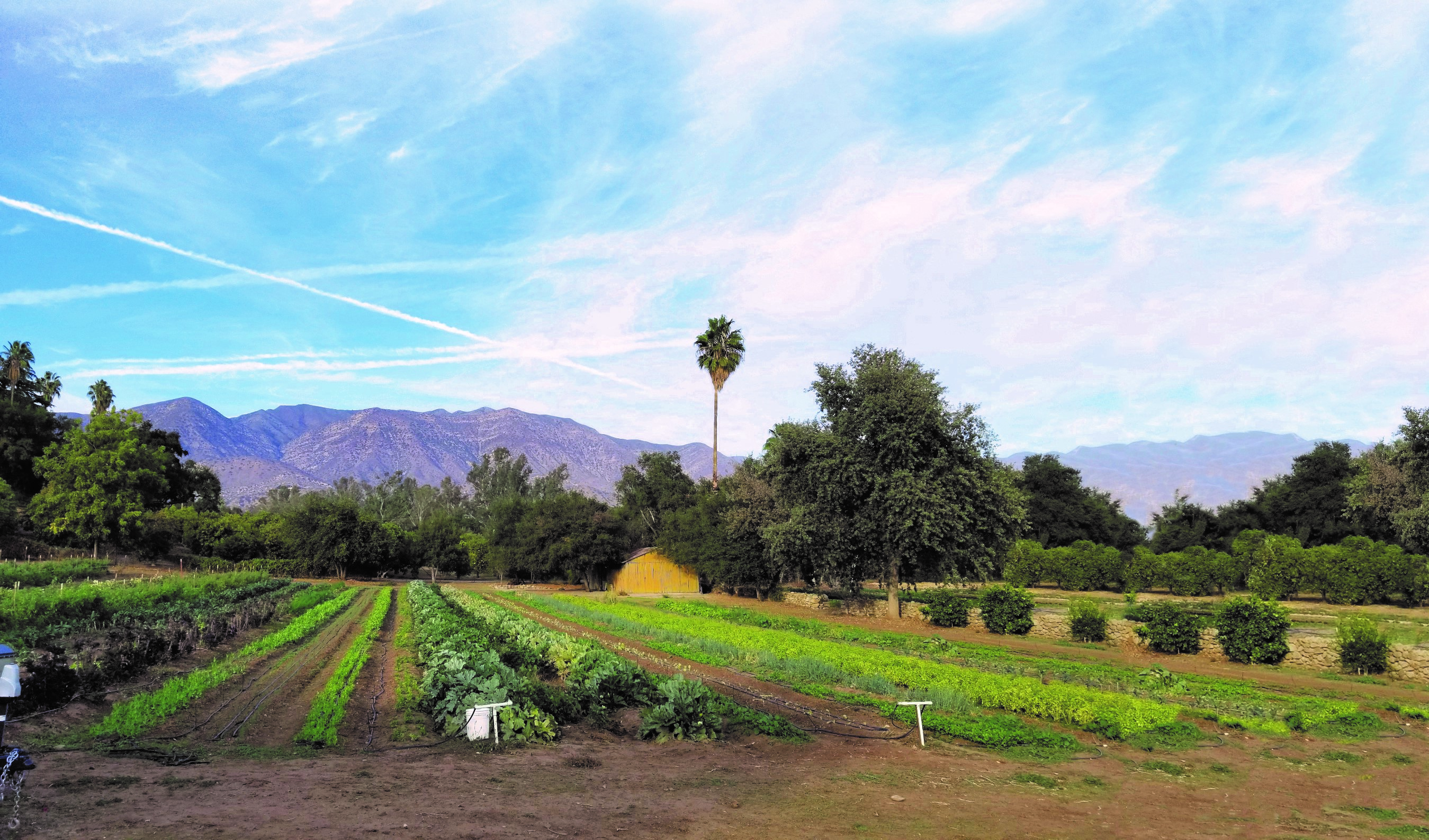Editor's Letter: Winter 2021-22
When I moved to Ventura County nearly 24 years ago, I remember it being one of the wettest years in California history. The news was full of flash floods and record rainfall. The wash behind our house was constantly in danger of overflowing and we didn’t need to water our garden for months … in a row!
Things look a little different now. This year, with the driest conditions in 127 years, just over 84% of Ventura County moved into “exceptional” drought status, according to the U.S. Drought Monitor. In the preparation for this issue—and indeed in all of my conversations with farmers for our Farm-to-School program—the one recurrent theme has been drought and the uncertainty of the future of farming.
For residents who are not involved in farming, it is hard to believe that the water issue will really touch our lives. After all, when we turn on the faucet, water still flows. And to be honest, the last time we hit tough drought conditions, in 2016, the media told horrifying tales about running out of water in days, months, or within a year, or three. But today, the water still flows from the tap, albeit at higher costs.
Yet, it is dire, folks. Farmers are letting fields go fallow during the summer because of limited water allocations. Orchards are being ripped out. Wild fish and game are being considered for relocation. Wild animals looking for food are visiting urban residences and businesses more frequently. Lake Casitas, which supplies water for hundreds of farms, is at 32.8% capacity with very little rain in the long-term forecasts. We may not run out of water in a year, or two, or five, but local food—well, that remains to be seen.
Two stories in this issue dig into the climate concerns; one from a local perspective (“It’s a Fiery World,” page 26) and one with a more global look (“We Are What We Eat,” page 50). Both contain a similar call to action: to do all that we can as individuals to conserve and change. And in the end, each of us—especially in concert with others—can, in fact, affect big change.
But how, my kids often ask. Well, I say, we follow the lead of a bunch of smart people and we lead by example. Switch out our lawns to food or native plants and use compost, mulch and drip irrigation. Grow and eat with the seasons. Save our warmup water and use it on our garden. Turn off the faucet when brushing our teeth or washing our face. And doggone it, share it on TikTok and Instagram and Facebook. You could be the reason your neighbors stop watering their lawn!
But above all, please do it with kindness. We are all in this together and together we can make all things better.





